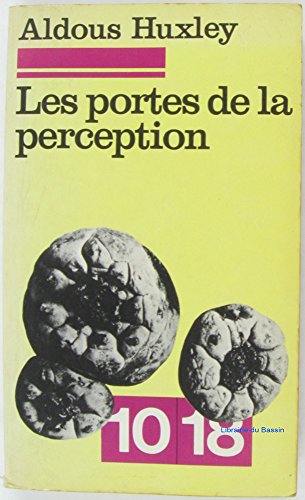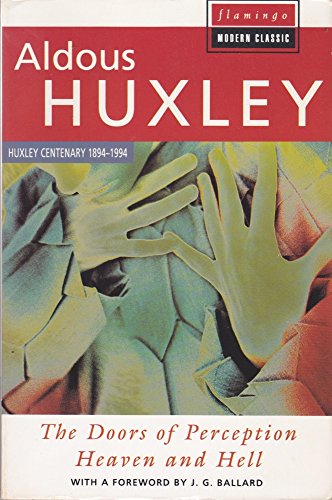Once I wrote a manifesto -for myself, for my own use :
The sort of refreshing work from which I want increase myself : intensify the perception of this rough physical freshness of the outside, of this active, quivering quality of material reality -that which almost crackles visible in the transparent waves of the morning sun, that which by night also, that which relentlessly alters the air and the rocks and the trees -everything, soft fresh lightning, current of sharp particles that in whatever object, in whatever body, move and change incessantly -and blow my mind.
Perceive more acutely -by increase of attention, of alertness- this silent rustle of running water of physical reality's incessant renewing.
Multiply your sensory tree, over-branch in your skull this apple tree of freshness, so that there circulates and spawns and grows the sap of the incessant material newness, -for an incessant fructification.
I call poïetics this endeavor to produce a greater sensory consciousness. For my intention is not to create poems or any text or piece of art, forms of creation I deem secondary, but, in the morning wording of Walden, to affect the quality of the day.
I say morning poïetics (it was the first title of this manifesto, but the word poïetics is a bit odd -but etymologically relevant, and used in science : cf for instance haemotopoïetics, or in cycling and blood doping : EPO, erythropoietin, red blood cell production -poïen means make, produce) because morning is the moment of the day when the world appears to us with a certain quality of physical freshness. But with a minimum of attention, everyone would see that this newness is continuous : night and day, the world is a perpertual morning :
To him whose elastic and vigorous thought keeps pace with the sun, the day is a perpetual morning. It matters not what the clocks say or the attitudes and labors of men. Morning is when I am awake and there is a dawn in me. Moral reform is the effort to throw off sleep. [...] The millions are awake enough for physical labor; but only one in a million is awake enough for effective intellectual exertion, only one in a hundred millions to a poetic or divine life. [...] We must learn to reawaken and keep ourselves awake, not by mechanical aids, but by an infinite expectation of the dawn, which does not forsake us in our soundest sleep. I know of no more encouraging fact than the unquestionable ability of man to elevate his life by a conscious endeavor. It is something to be able to paint a particular picture, or to carve a statue, and so to make a few objects beautiful; but it is far more glorious to carve and paint the very atmosphere and medium through which we look, which morally we can do. To affect the quality of the day, that is the highest of arts. (Thoreau, Walden, chapter 2).
In fact, it is not the quality of the day, that is, the quality of the world, that you have to affect, to transform, -it is your perception of the world that you have to sharpen. You can hardly act on the world, but you can act on yourself, on your own life, and particularly on your attention to the physical world.
The question of the communication (by words or by anything else) of my experience is secondary. What matters is this sensory experience : to improve it, to strengthen and sharpen it. Communication comes after. Distinguish poïetics, the first thing, and poetics, the second one. What matters is my consciousness, the sentient abyss of my perceptions, -the flow of freshness.
Perceiving this physical freshness is reaching another land, ever new, ever other. I have in mind these words of Meister Eckhart :
He who has thus abandoned all things on the lower plane where they are mortal, will recover them in God, where they are reality. Whatever is dead here is alive there, and all that is dense matter here is spirit there in God. (Meister Eckhart, Sermons and Treatises, vol 1, tr. O'Connell Walshe, 1987)
Spirit : breath, freshness. In nature, every object is new, incessantly new, absolutely new. -An old tree -but its matter is ever new, its old age is only biological. Its biology is old, but its physics is ever young, ever new. Whatever seems dead here, in the ordinary perception, is alive there, and all that is dense matter here is freshness there, in this sharper perception.
Go outside and renew in yourself -rusted axe which sparkles in the fresh air- or rather produce, create in yourself the attention to the freshness of stones, trees, air, intensify the alertness in yourself : all the earth and all things are crossed by this current, by this torrent, -continuously crossed, altered, renewed.








